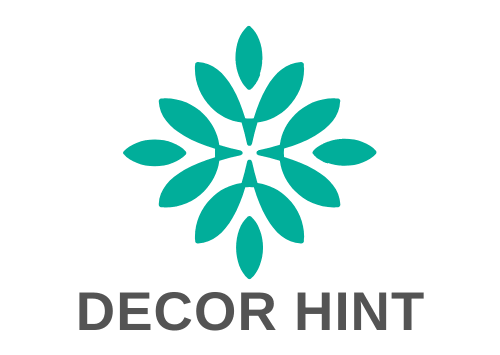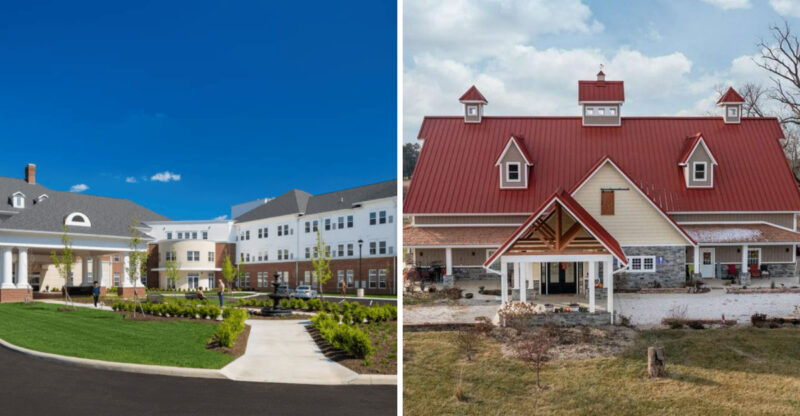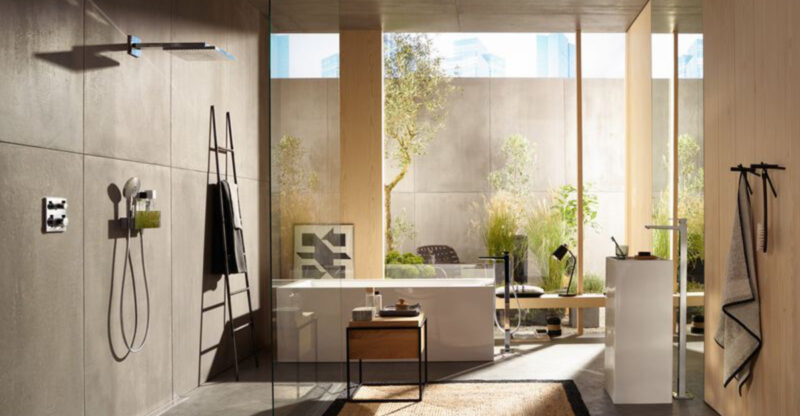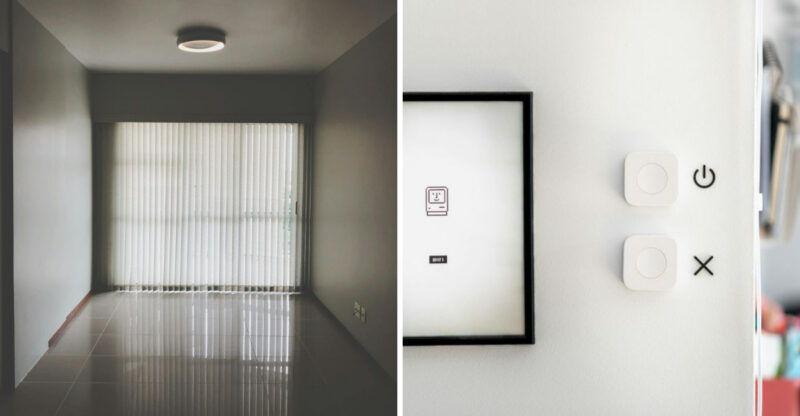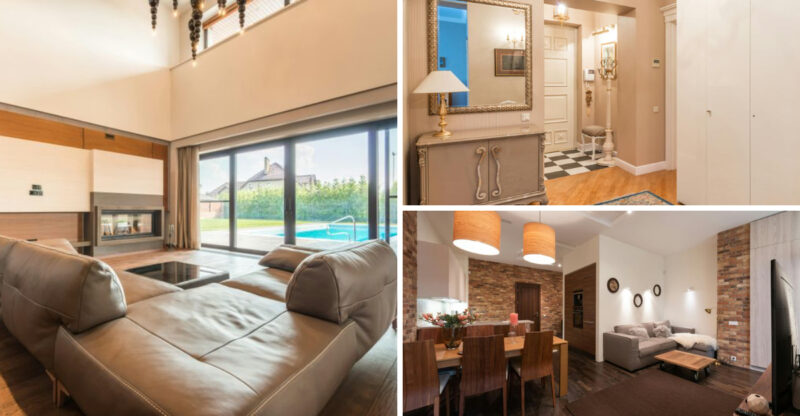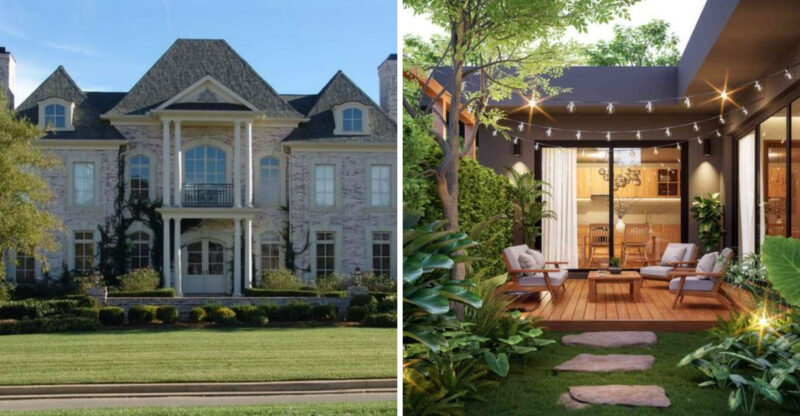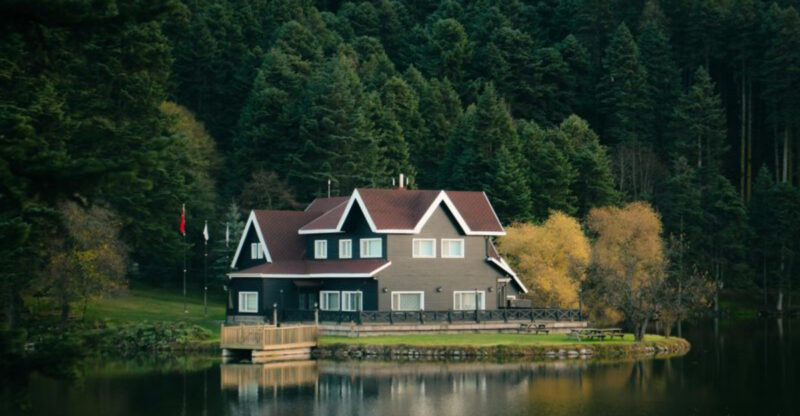Nevada Home Additions That Could Hurt More Than Help When Selling
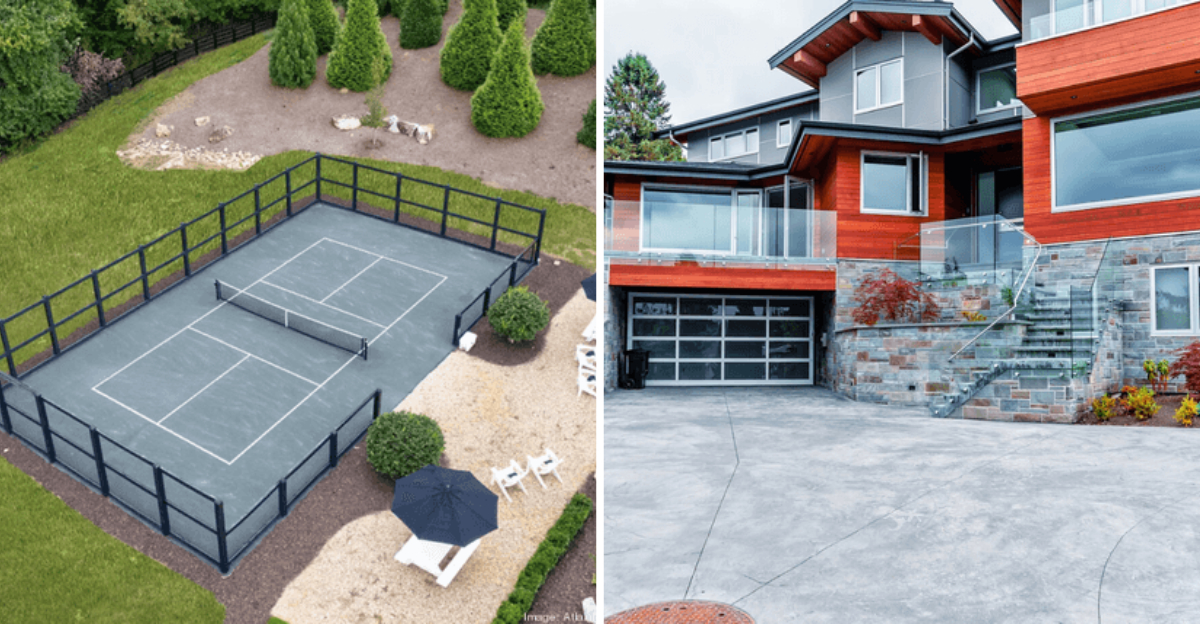
Thinking of selling your Nevada home? Those upgrades you’ve been so proud of might actually be turning potential buyers away.
The Silver State’s unique climate, lifestyle, and buyer preferences create a specific market where certain additions just don’t translate to higher selling prices.
Before you invest in that next big home project, take a look at these additions that could leave you with less money in your pocket when it’s time to sell.
1. Swimming Pools in Northern Nevada
Swimming pools might seem like a no-brainer in a state known for heat, but location matters enormously. In northern areas like Reno or Carson City, pools remain unusable for over half the year due to colder temperatures.
Many buyers actually view them as expensive maintenance headaches rather than luxuries. The annual upkeep costs around $2,000-$5,000 can scare away potential buyers who’d rather not inherit this ongoing expense.
Insurance costs also increase with pool ownership, and some families with young children consider them safety hazards. While you might love your pool, northern Nevada buyers often see dollar signs draining away rather than a refreshing oasis.
2. Elaborate Desert Landscaping
Going overboard with exotic desert plants and elaborate rock formations might satisfy your personal aesthetic, but it can overwhelm potential buyers. High-maintenance desert gardens featuring rare cacti or complex irrigation systems often represent future work rather than relaxation.
Water restrictions throughout Nevada make extensive landscaping a practical concern too. New owners might face hefty water bills or even fines for non-compliance with local conservation ordinances.
What’s worse, removing or simplifying overly complex landscaping becomes an additional expense for buyers. They’ll mentally subtract those costs from their offer. Instead, aim for simple, attractive xeriscaping that highlights Nevada’s natural beauty without creating a maintenance nightmare.
3. DIY Solar Installations
Solar power makes perfect sense in sunny Nevada, but amateur installations are serious red flags for buyers and inspectors alike. Poorly installed panels can damage roofs, create fire hazards, or simply fail to deliver promised energy savings.
Home inspectors scrutinize these systems carefully, and finding an unpermitted or improperly installed setup often leads to difficult negotiations or failed sales. Buyers worry about hidden problems and future repair costs.
If you’re considering solar, always hire licensed professionals and maintain proper documentation. While professional solar installations can increase home value by 4%, DIY attempts typically do the opposite. The perceived risk and uncertainty of amateur work outweighs any potential energy savings in buyers’ minds.
4. Home Casino Rooms
Living in Nevada might inspire you to create your own mini-casino at home, complete with poker tables, slot machines, and gaming memorabilia. While entertaining for you, these specialized spaces often alienate potential buyers who struggle to envision alternative uses.
Converting these rooms back to standard living spaces adds another expense for buyers to consider. The specialized lighting, built-in gaming tables, and themed decor rarely align with what most families need.
Moreover, some religious or conservative buyers might be uncomfortable with gambling-themed spaces altogether. Instead of a dedicated casino room, consider versatile entertainment spaces that can easily transition to different uses. This approach preserves your home’s appeal to the widest possible range of buyers.
5. Extravagant Water Features
Fountains, waterfalls, and artificial streams might create an oasis feeling, but in water-conscious Nevada, they’re increasingly viewed as wasteful and outdated. Many buyers immediately calculate the water bills and maintenance costs these features will generate.
Water restrictions throughout the state mean these features might not even be operable year-round. The pumps and filtration systems require regular maintenance and occasional replacement, representing ongoing expenses.
Even the sound of constantly running water, which you might find soothing, can be perceived as annoying by some buyers during viewings. If you want to incorporate water elements, consider small, self-contained features that use minimal water and can be easily removed if a buyer isn’t interested.
6. Highly Customized Garage Conversions
Converting your garage into a specialized space might serve your current needs, but it significantly limits your buyer pool. Nevada’s extreme temperatures make garages particularly valuable for protecting vehicles from scorching heat and occasional freezing conditions.
Home buyers typically expect garages in Nevada properties and often calculate the cost of converting the space back when making offers. This is especially true in neighborhoods where every other home has a garage.
If you’ve transformed your garage into a gym, art studio, or man cave with permanent fixtures, consider how easily it could be returned to its original purpose before listing. The most successful conversions maintain the garage door and could be reversed without major construction, preserving the flexibility future owners would value.
7. Artificial Turf in Full-Sun Areas
Artificial grass might seem like a smart solution to Nevada’s water restrictions, but poor-quality installations in full-sun areas become serious liabilities. In Las Vegas or Henderson, where summer temperatures regularly exceed 100°F, cheap synthetic turf can reach 170°F hot enough to cause burns.
Heat-damaged turf fades, melts, and develops an unpleasant plastic smell that persists for years. Buyers with children or pets immediately notice these issues during viewings.
Removing and disposing of damaged artificial turf is expensive and environmentally problematic. If you’re considering artificial grass, invest in high-quality products specifically designed for extreme heat, or better yet, embrace native desert landscaping that naturally thrives in Nevada’s climate without creating potential hazards.
8. Unpermitted Room Additions
Adding square footage might seem like a guaranteed value-booster, but unpermitted additions can derail your home sale entirely. Nevada lenders and insurers have become increasingly strict about proper documentation for all structural changes.
Home inspectors routinely flag these issues, often leading to difficult negotiations or canceled contracts. Worse yet, county assessors might discover unpermitted work and retroactively increase your property taxes before you even sell.
If you’ve already completed unpermitted work, consider working with your local building department to retroactively permit the space before listing. Though potentially expensive, this process typically costs less than the price reductions buyers demand for taking on the risk and uncertainty of unpermitted spaces themselves.
9. Extensive Smart Home Systems
Cutting-edge technology sounds impressive in listings, but overly complex proprietary smart home systems often become outdated liabilities. Many Nevada buyers feel overwhelmed by systems requiring specialized knowledge or expensive subscriptions to operate basic home functions.
Proprietary systems that can’t integrate with popular platforms like Google Home or Amazon Alexa frustrate tech-savvy buyers. Older buyers might be completely turned off by homes where lighting, temperature, or security can only be controlled through apps.
If you’re investing in smart home features, stick with mainstream, user-friendly systems that offer manual overrides. The best approach provides convenience without dependency. Remember that technology that seems cutting-edge today will likely be obsolete within five years long before you might sell your home.
10. Luxury Upgrades in Mid-Range Neighborhoods
Installing high-end finishes in average neighborhoods creates a pricing problem known as “overimprovement.” If homes in your North Las Vegas subdivision typically sell for $350,000, your $100,000 kitchen renovation won’t raise your property’s value proportionally.
Luxury upgrades in modest neighborhoods rarely return their investment because buyers shopping in these areas have specific budget constraints. They simply cannot pay significantly more than comparable properties, regardless of your Italian marble countertops or commercial-grade appliances.
This neighborhood ceiling effect particularly impacts Nevada’s sharply defined housing markets. Before investing in major upgrades, research recent sales in your immediate area. Focus on improvements that bring your home up to neighborhood standards rather than attempting to redefine local market values.
11. Backyard Sports Courts
Basketball courts, tennis courts, and other dedicated sports surfaces consume valuable outdoor space while appealing to only a small percentage of buyers. In Nevada’s climate, these facilities often sit unused during the hottest months.
The concrete or asphalt surfaces increase heat radiation around your property and eliminate space for more universally appealing features like patios or gardens. Removal is expensive, involving heavy equipment and disposal fees.
If you’re determined to add recreational features, consider options that preserve flexibility. Removable equipment or multi-purpose surfaces that could later be converted to other uses preserve your property’s appeal. Remember that specialized additions typically return less than 50% of their installation cost when selling in Nevada’s family-oriented suburban markets.
12. Eliminating Garage Storage for Living Space
Nevada’s limited basement options make garage storage particularly valuable. Removing built-in cabinets, workbenches, or overhead storage systems to create more living space often backfires when selling.
Buyers in desert communities particularly value organized storage for seasonal items, holiday decorations, and outdoor equipment. Without adequate storage, these items end up cluttering living areas or requiring expensive off-site storage solutions.
If your garage modifications eliminated storage capacity, consider installing new storage systems before listing. Wall-mounted options that preserve parking space while adding organizational capability are particularly appealing to Nevada buyers. This relatively inexpensive addition helps buyers envision themselves living comfortably in the space without being overwhelmed by their belongings.
13. RV Parking That Dominates the Property
RV parking accommodations make sense in Nevada’s outdoor-oriented culture, but installations that overwhelm the property can significantly limit your buyer pool. Massive concrete pads that dominate front yards or side yards create an industrial feeling that many buyers find unappealing.
Large RV structures with permanent power hookups, sewage connections, and water lines represent specialized investments that non-RV owners see no value in. These buyers mentally subtract removal costs from their offers.
If you’re creating RV parking, position it discreetly and ensure it doesn’t compromise the home’s curb appeal. Flexible designs that could serve multiple purposes appeal to more buyers. Remember that while 10% of Nevada residents might own RVs, that means 90% of your potential buyers don’t need this specialized feature.
14. Built-In Electronics and Entertainment Systems
Permanently installed entertainment systems quickly become technological dinosaurs in today’s rapidly evolving digital landscape. Built-in speaker systems, outdated home theaters, and custom wiring for specific electronics often look dated within just a few years.
Buyers frequently view these installations as items they’ll need to remove rather than valuable inclusions. The built-in nature of these systems makes upgrading difficult and often involves cutting into walls or ceilings.
If you enjoy home entertainment, consider free-standing, modular systems that can be updated easily or removed when selling. For existing built-ins, focus on modernizing the components rather than the infrastructure. In Nevada’s technology-forward market, flexibility and adaptability are far more valuable than permanent installations that reflect yesterday’s technology.
15. Colorful Concrete Coatings
Brightly colored concrete coatings on driveways, patios, and pool decks might express your personal style, but they severely limit buyer appeal. Vibrant reds, blues, or greens that seemed exciting during installation often fade unevenly in Nevada’s intense sun, creating a worn, dated appearance within just a few years.
These specialized finishes are expensive to remove or change, requiring grinding, chemical stripping, or complete replacement. Buyers calculate these costs when making offers.
Neutral concrete treatments in beiges, tans, or grays maintain broader appeal while still providing the practical benefits of sealed surfaces. If you’re preparing to sell, consider whether your colorful concrete needs refreshing or neutralizing. In Nevada’s competitive market, minimizing buyer objections is key to maximizing your final sale price.
